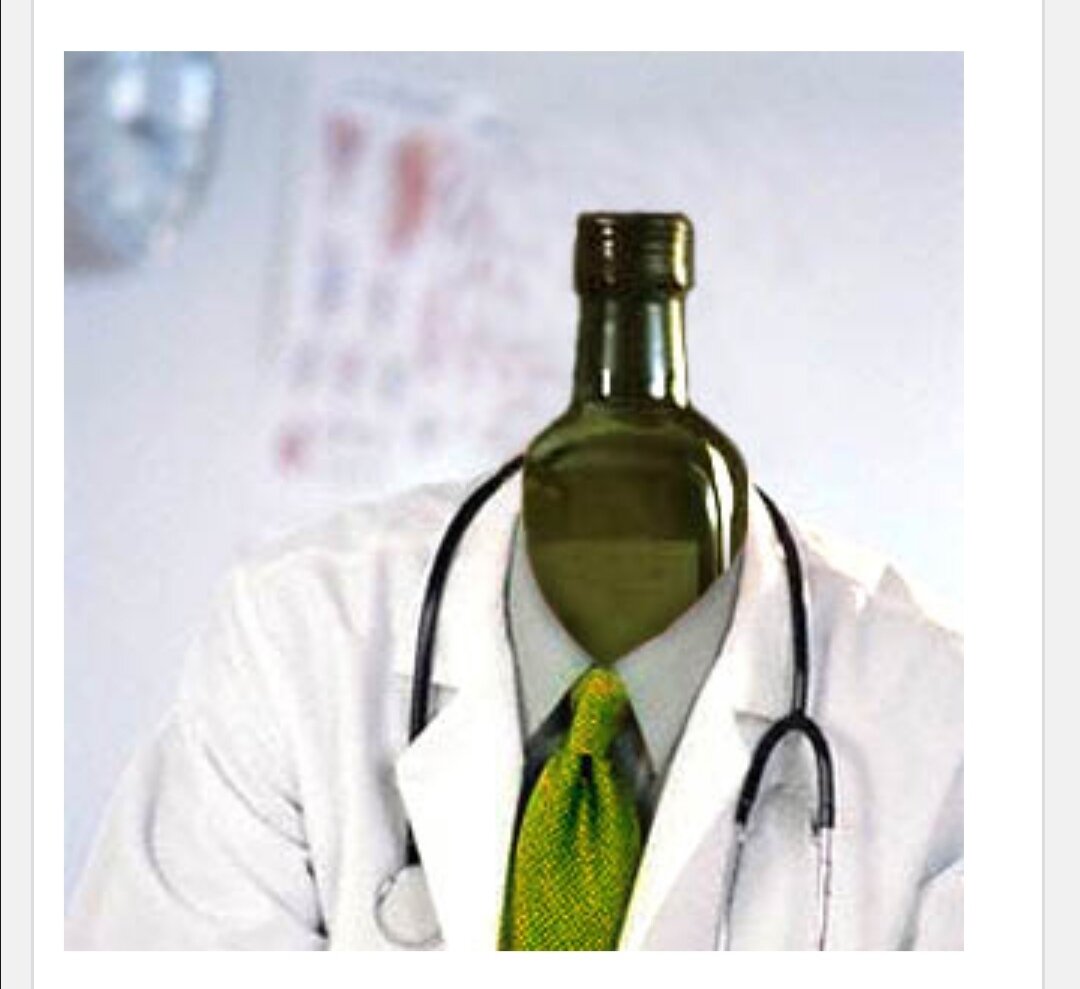Stay connected.
Subscribe to the weekly OOT newsletter.
As Growing Demand for Squalene Leads to More Shark Deaths, Olives Offer a Solution
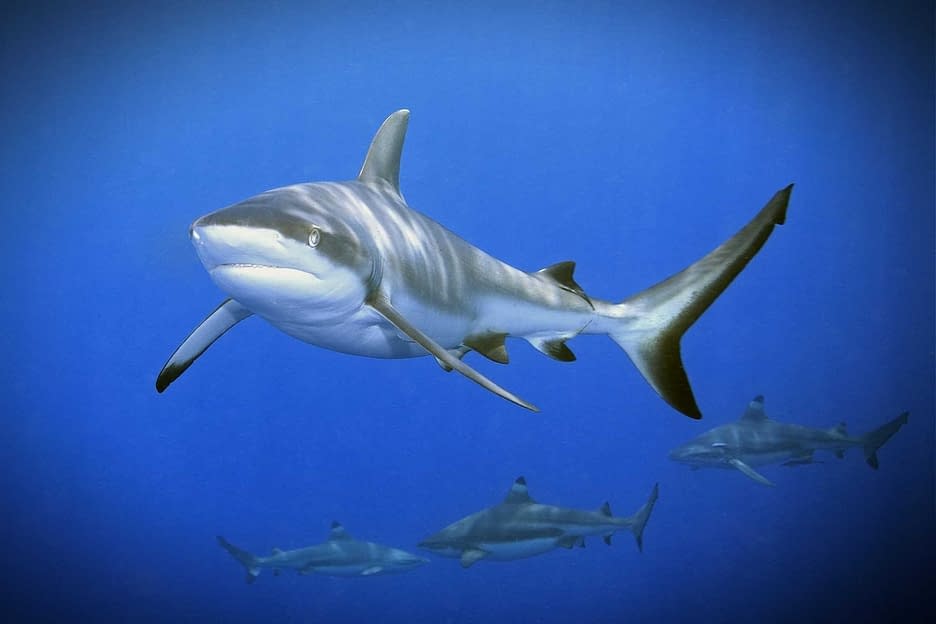
 Jul. 19, 2021
Jul. 19, 2021
The demand for squalene — a lipid used in cosmetics and vaccines — has grown in recent years, and olives are increasingly being touted as a more sustainable source than shark livers, but cost remains a concern.
Olive-derived squalene is 30 percent more expensive than the alternative from shark livers. Even with olives steadily becoming more popular as a source of squalene in cosmetics, 90 percent of the industry relies on shark liver oil and is responsible for 2.7 million shark deaths annually.
Squalene and its hydrogenated counterpart, squalane, are used in cosmetics as emollients; and in vaccines as adjuvants, which boost the immune system response.
See Also: Biomass from Olive Groves Fuels Heineken Factory in Southern SpainAccording to the Food and Agriculture Organization of the United Nations (FAO), approximately 2,500 to 3,000 sharks are needed to harvest one ton of squalene.
By contrast, the Olive Wellness Institute estimates that between 77 and 1,250 tons of olive oil (depending on the olive variety, extraction method and level of refining) possess the same amount of squalene. Extra virgin olive oil has the highest levels of lipid of any vegetable oil.
Although a large proportion of the shark-derived version of this lipid comes from bycatch, when sharks are unintentionally caught in fishing nets, the concern is that the sharks are captured instead of set free due to the demand for squalene.
This goes undetected and makes it virtually impossible to establish how many sharks are caught exclusively for squalene.
Late last year, with scientists racing to develop a range of Covid-19 vaccines, conservationists started expressing concern about the impact on shark populations as the demand for squalene increased.
While none of the approved Covid-19 vaccines use shark squalene, five of the 300 vaccines in development do.
However, environmentalists are concerned that if Covid-19 vaccines containing squalene are widely approved and the coronavirus vaccine becomes an annual requirement, as some health experts predict, demand for the lipid will increase.

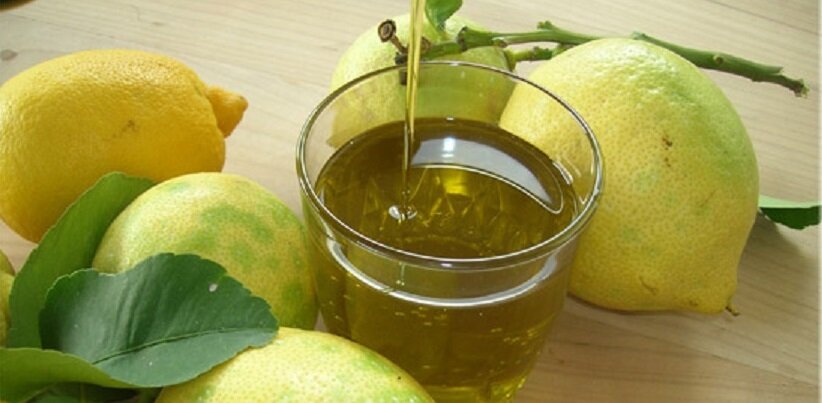
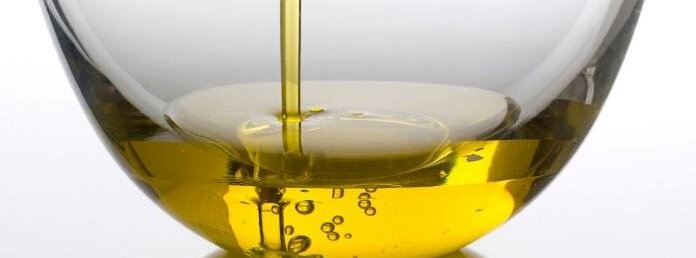
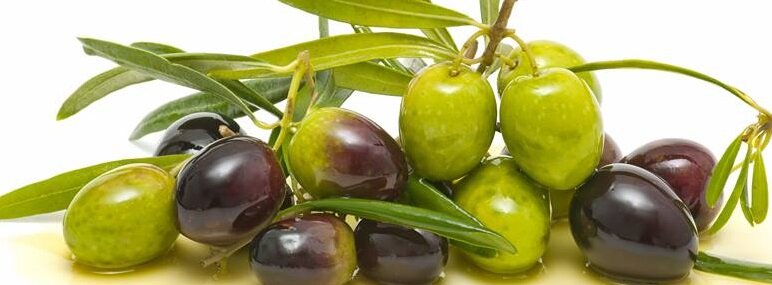
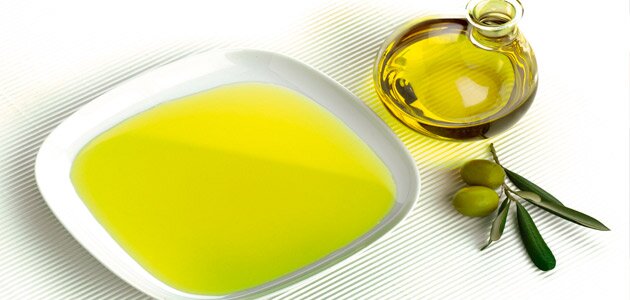
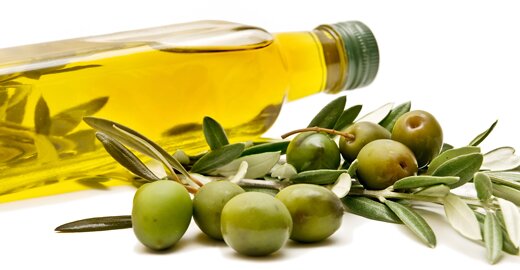

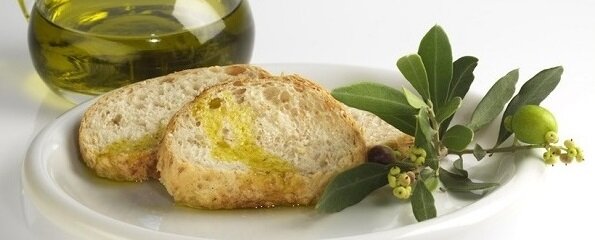
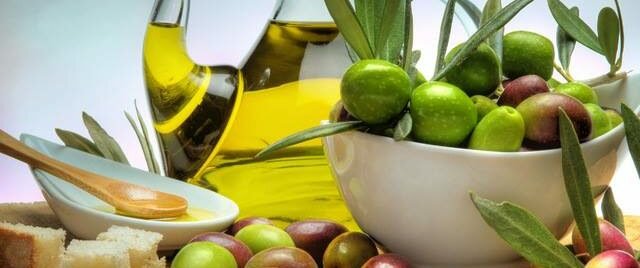

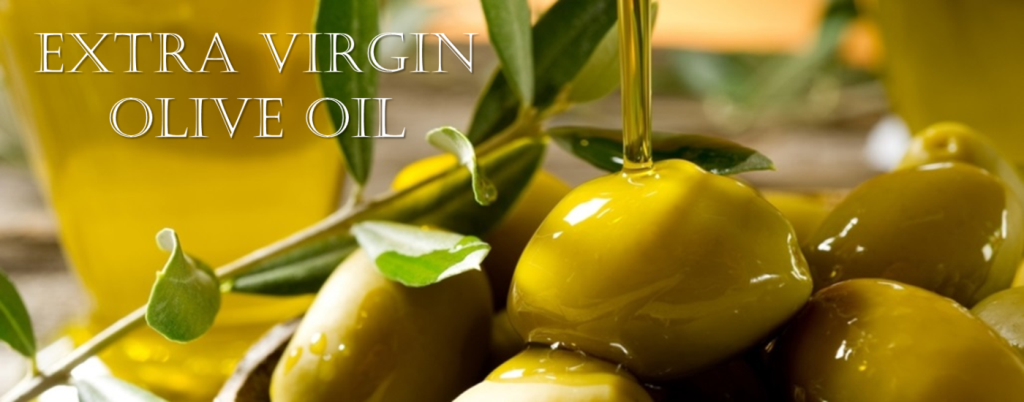
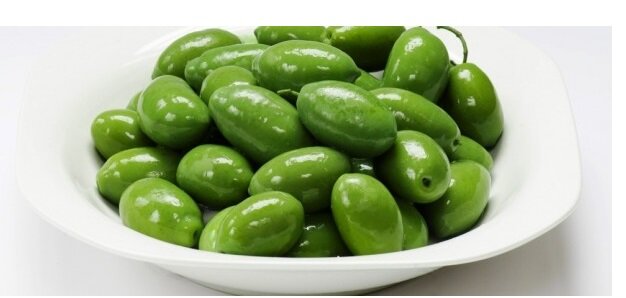






 Lisa Anderson
Lisa Anderson



